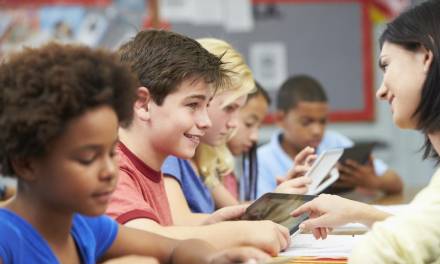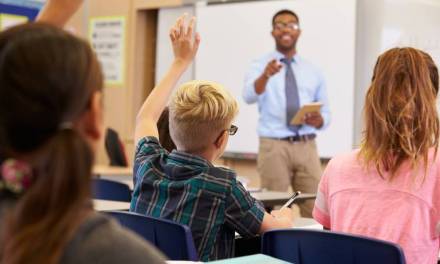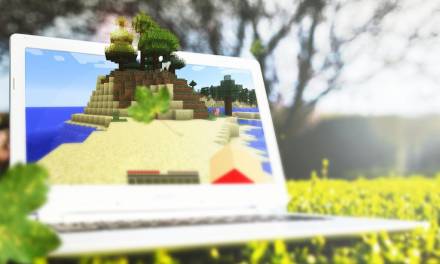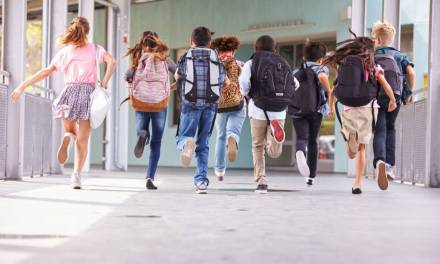Social media is here and there’s no getting away from it. While it will necessarily evolve in future years (who remembers the MySpace phenomenon?), there is little doubt that social communication online is here to stay.
The question for teachers and school leaders is how to integrate that into the curriculum and, indeed, whether it should be integrated into it at all.
Issues with integrating social media into schools
The fact that social media can evolve so rapidly is problematic for those trying to integrate it into the curriculum. However, many subjects are under constant review as priorities and methods changes.
In that respect, the rapid evolution of social media poses some problems, but that doesn’t seem to be a reason to wilfully avoid integrating it into the curriculum.
Another issue is that teachers can feel unprepared for the prospect of “teaching” social media when the idea is framed in that way.
It took some time to reassure them that they did not need to be experts in social media; rather, they needed to familiarise themselves with the sociological and anthropological debates.
Extending this argument to secondary school teachers, while there might be reservations, integrating social media into the curriculum in a way that complements the subject may allay those concerns.
Creating “digital citizens” with social media
Citizenship is already a core element of secondary education.
Democracies need active, informed and responsible citizens; citizens who are willing and able to take responsibility for themselves and their communities and contribute to the political process.
Digital practices are more relevant to citizenship than ever, and can be used to interrogate and evaluate subjects in unique ways, as a US campaign organisation Educational Leadership highlights:
English teachers might ask students to analyse the rhetorical strategies employed in politicians’ tweets, while science educators can help students analyse the veracity of online scientific claims.
Actively harnessing social media to help develop “digital citizens” can have an impact both within the curriculum and outside of it.
Learning about social media
Student wellbeing stretches across the curriculum and, while there are obviously elements that are more suited to PSHE than a Chemistry lesson, all teachers have a duty to ensure the wellbeing of their pupils.
Given the propensity for cyber bullying across various platforms, maybe it’s time that the correct usage of social media to be a key element of the PSHE curriculum.
Also, a fundamental problem with social media is that authenticity is often difficult to confirm, with so-called “fake news” mingled amongst facts and statistics.
As the teacher of the aforementioned Chemistry lesson, then, you may have a pupil adamant they know something because someone else wrote about it on a social media post. Correcting them (and encouraging them to verify anything they read on social media with another reputable source) is a better way of responding to this error than simply dismissing their answer as “wrong”.
Social media really is here to stay, and it’ll have an impact on classroom knowledge and misinformation, whether we like it or not.








